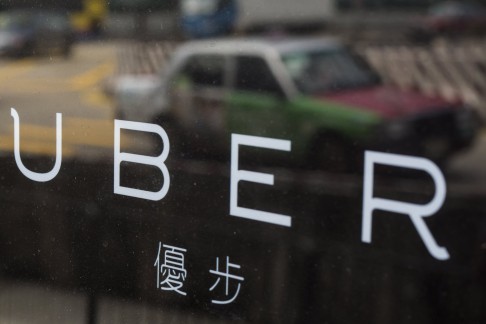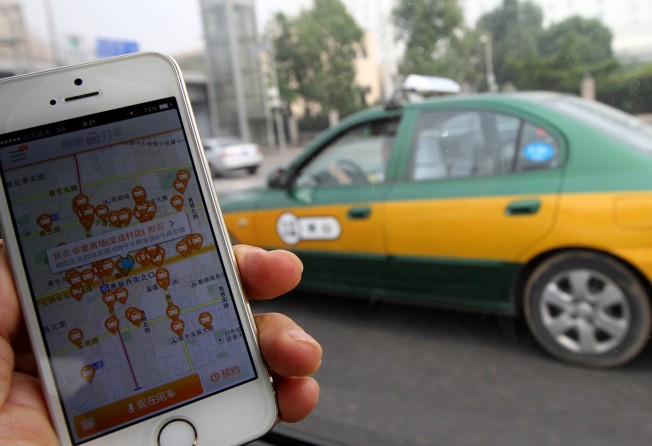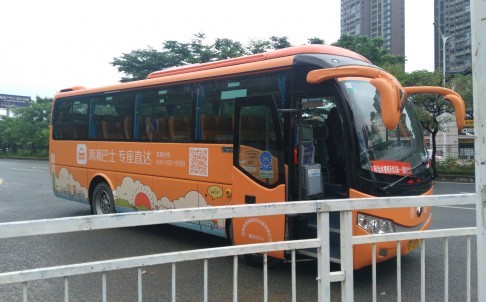
Chinese car-hailing app Didi Kuaidi invests in regional player GrabTaxi to help stymie Uber’s expansion plans in Asia

Chinese car-hailing giant Didi Kuaidi has made an investment in GrabTaxi, a Southeast Asian taxi-booking company, in a move widely seen as posing a challenge to San Francisco-based Uber’s overseas expansion plans.
Singapore-headquartered GrabTaxi, one of Uber's top regional rivals, recently went through a US$350 million funding round. Didi Kuaidi played a role but the size of its contribution was not made public.
Other investors included China’s sovereign wealth fund China Investment Corporation, which is also an investor in Didi Kuaidi, and US hedge fund Coatue Management LLC, which enlarged its previous investment in the company.
GrabTaxi operates in 22 cities across six countries and has plans to use the funds to further expand in the fast-growing region.
“This investment is not only a statement about GrabTaxi’s dominance in the region, but also the growth potential of Southeast Asia on a global level,” said Anthony Tan, CEO and cofounder of GrabTaxi.
Didi Kuaidi’s interest is seen by pundits as a strategic one as the company is also moving to expand rapidly to fend off competition from Uber.
The company swallowed up its own domestic competition earlier this year when Didi Dache and Kuaidi Dache, two of China’s leading taxi-hailing apps, merged.
Yet both Didi Kuaidi and Uber, along with smaller players in the Chinese market, have come under increased attack from taxi drivers and authorities in China and Hong Kong this year for operating in a regulatory grey area while encroaching on regular cabbies’ income.
Uber had its offices in Sichuan’s Chengdu and Guangdong’s Guangzhou raided by police in May, while seven drivers were arrested in Hong Kong this month for lacking the proper permits as the government decides how to deal with this key element of the emerging “sharing” or peer-to-peer economy.
While Didi Kuaidi controls over 95 per cent of the car-hailing market in mainland China, Uber claims that its drivers there now log at least one million rides a day.
UberChina, which is a separate legal entity from the parent company, is also reportedly mulling a domestic IPO to raise funds for expansion, but insiders suggest it may prefer to remain private due to the various benefits this affords.
The San Francisco-based company is believed to have raised between US$75 million and US$100 million from Indian private-equity firm Tata Opportunities Fund to help subsidise its global expansion, the Wall Street Journal reported.
On Monday, Didi Kuaidi rolled out its designated driving services in 55 cities in China, aimed at customers who want to avoid driving their own cars after drinking.
This chauffeur-like service represents just one part of the company’s expanding portfolio, which includes taxi-hailing, car-hailing and shuttle bus services.
The latter is being pilot-tested in two Chinese cities, Beijing and Shenzhen, but early adopters have been quite critical of the journey times and routes chosen, complaining that the service doesn’t plug gaps in public transit coverage as promised.
In July, Didi Kuaidi raised US$2 billion in funding, which increased its valuation to US$15 billion. This would make it world’s seventh most valuable start-up.
The most valuable start-up in the world, at US$50 billion, is Uber, which raised almost S$1 billion in its latest funding round.
